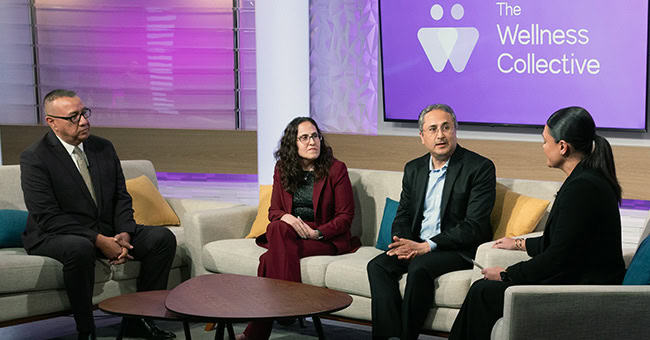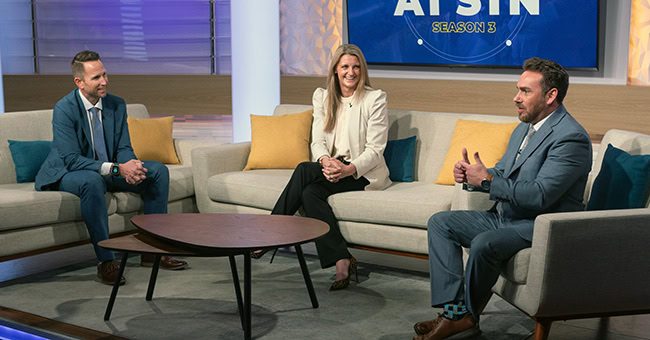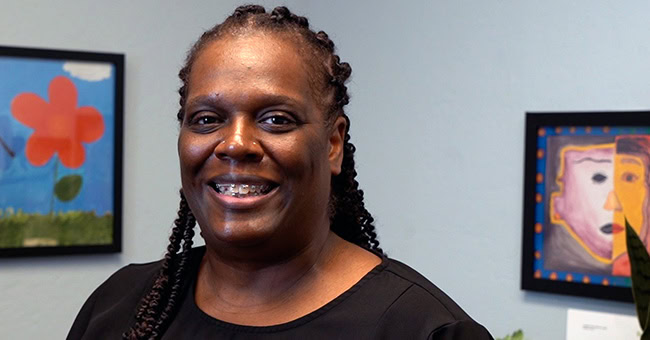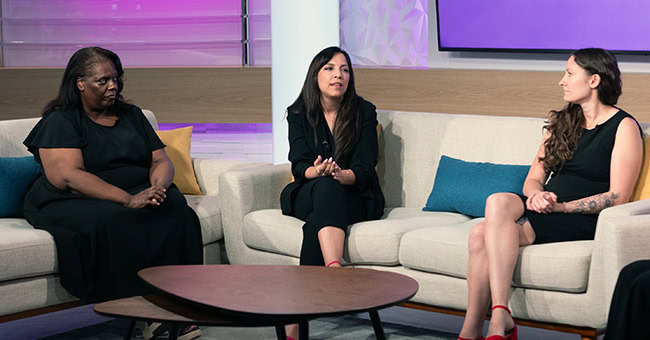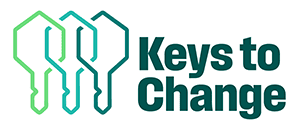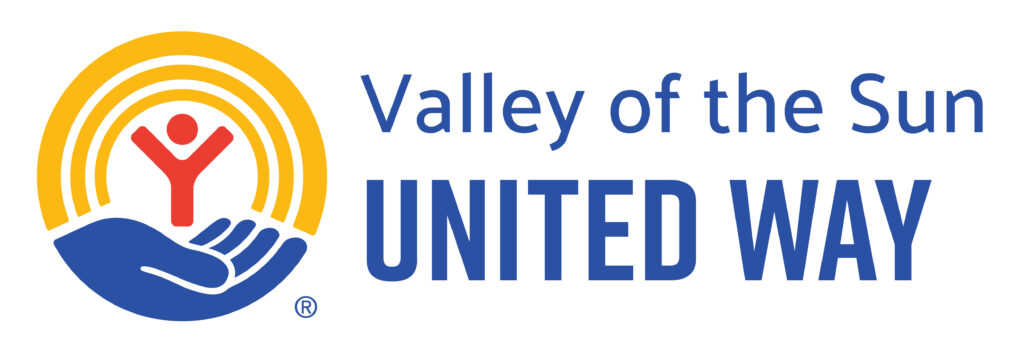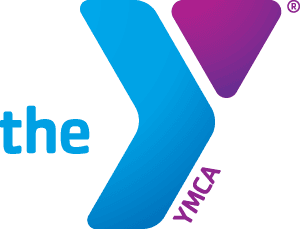PHOENIX (STN) – When it comes to building a healthier, stronger Arizona, experts agree that maternal health care must be a priority.
That was the central theme of the latest installment of ‘The Wellness Collective,’ which brought together Dr. Gagan Singh of Mercy Care, Jessica Yanow of Arizona Alliance for Community Health Centers, and Pedro Cons, CEO of Adelante Healthcare. Together, they outlined how improving maternal outcomes can have generational effects for moms, babies and entire communities.
“Our goal is to shift maternal health from being viewed as a clinical issue to a community priority,” Yanow said. “We’re talking about improving outcomes for families, boosting economic mobility, and strengthening community ties.”
Arizona’s community health centers are leading the charge. With 24 organizations operating more than 230 sites, they provide integrated care to more than 800,000 Arizonans each year. That care includes prenatal, postpartum, dental, behavioral health, and social services. Beyond the numbers, Yanow emphasized how the cooperative model builds trust.
“Our centers are governed by patient-majority boards,” she said. “That means our communities help drive the care they receive.”
Why maternal healthcare is key to a healthier Arizona:
Cons, whose team at Adelante delivers more than 100 babies each month, noted the urgency of expanding access to prenatal care, especially in communities facing rising rates of diabetes and hypertension.
“We’re seeing a sharp increase in high-risk pregnancies,” he said. “That tells us we need to reach people earlier and support them better throughout the pregnancy journey.”
That support is evolving. Singh unveiled a new initiative from Mercy Care that provides free smartphones with unlimited data to pregnant members.
“We’re using tech to improve access,” Singh said. “Whether that’s connecting to providers, managing appointments, or receiving health tips, it’s one more tool to close the equity gap.”
The panelists agreed: better maternal health means stronger families, healthier children, and more stable communities.
“When moms are supported, they’re more engaged with their families and their communities,” Yanow said. “That’s how we create generational health.”
And Singh noted that the impact goes far beyond the individual. “Half of the babies born in Arizona are born to Medicaid recipients,” he said. “It is vital we continue investing in these systems. This is about the future of our state.”


